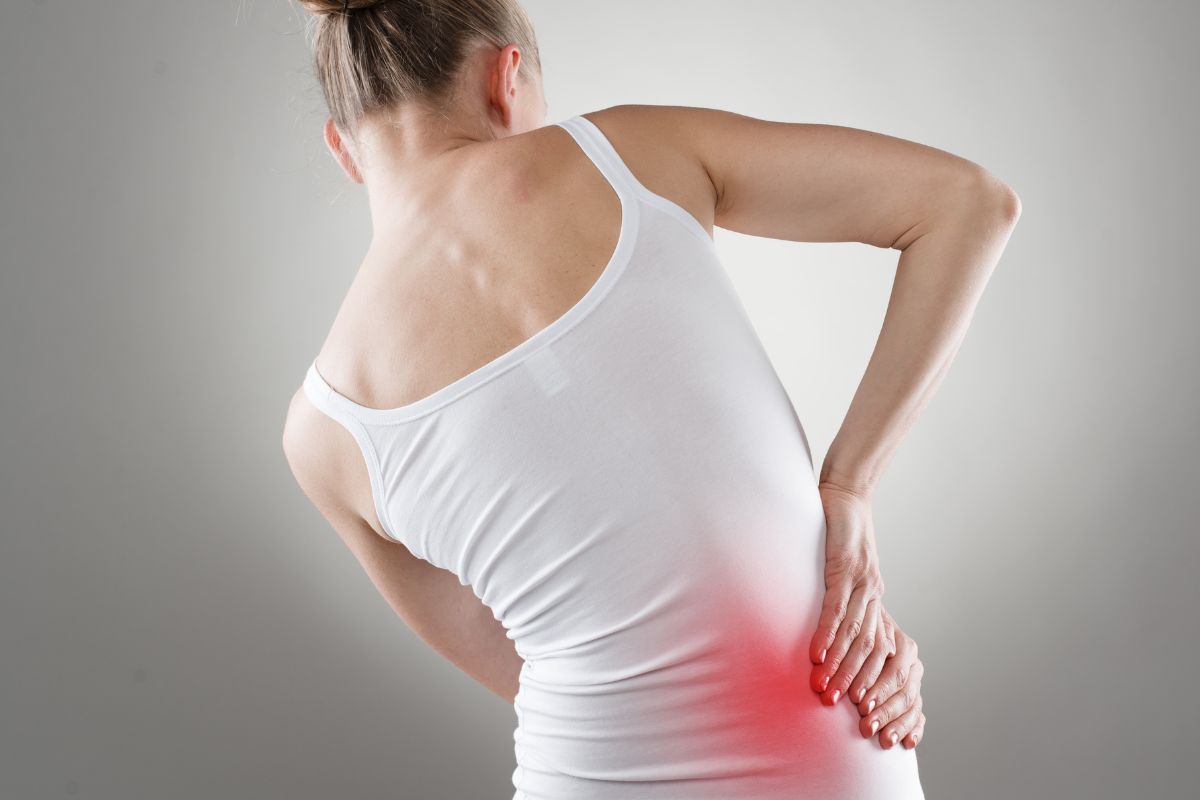Arthritis is a common condition that often occurs as we age. Arthritis is when your joints become inflamed.
It can be an incredibly painful experience as your joints swell up. There is no cure for arthritis, so managing the pain is vital.

A common joint affected by arthritis is the hip. Hip arthritis is especially common in the elderly as is viewed as a result of wear and tear on the joint.
Hip arthritis can completely change the lives of those affected by it, especially because of the pain.
In order to manage hip arthritis, it is important to know what can worsen it. Well, we’ve got you covered.
In this guide, we are going to walk you through the causes of hip arthritis, what can worsen the pain, and the symptoms you should be aware of.
What Is Hip Arthritis?
Before we look at the causes of hip arthritis, it is important we understand what hip arthritis is.
This can be confusing for some, there are five different types of arthritis that mainly impact the hip joint.
The five types of arthritis that normally affects the hips are:
- Osteoarthritis
- Rheumatoid arthritis
- Psoriatic arthritis
- Systemic lupus erythematosus
- Ankylosing spondylitis
Osteoarthritis is the most common type of arthritis. The name osteoarthritis means that it is arthritis of the bone.
This type of arthritis is very popular amongst the elderly compared as the main cause is believed to be the bone wearing down.
The hip joints are ball and socket joints. This means that the end of the thigh bone near the hip is shaped like a ball and it fits into the socket of the hip.
Inside the ball and socket joints, there is a layer of cartilage. This layer of cartilage allows for the ball to move easily in the socket.
Over time this layer of cartilage might start to wear away. When the cartilage layer wears away, it can become harder for the ball to move around in the socket as the rough surface of the bones start to rub against each other.
This can cause pain and inflammation. This type of arthritis can lead to permanent damage to the joint.
Rheumatoid arthritis is a type of arthritis that affects the entire body and not just one specific joint.
Rheumatoid arthritis is inflammation that is caused by a response in your immune system. In the hip joint, there is a lining with lubricant to help the joints move easily, which is called the synovial lining.
Those with rheumatoid arthritis experience the synovial lining becoming inflamed. This inflammation can lead to the joint becoming damaged.
This type of arthritis can affect anyone of any age.
Psoriatic arthritis is a type of arthritis that is linked to psoriasis. Psoriasis (see also ‘10 Best Creams for Psoriasis Flare-Ups‘) is a skin condition that is identified by red scaly patches.
Psoriatic arthritis is swelling of any joint in the body and causes stiffness of those joints.
Systemic lupus erythematosus is an autoimmune disorder. This autoimmune disorder can impact all parts of the body. It leads to inflammation and can cause permanent damage to the joint.
Ankylosing spondylitis is not direct inflammation of the hip joints. Instead, it is inflammation of the spine and sacroiliac joint. This inflammation at times can cause the hip joint to become inflamed.
What Causes Hip Arthritis?
When it comes to the causes of arthritis, it is not well known. In terms of osteoarthritis, the reason the cartilage wears ways for some is not yet understood.
However, there are a number of factors that are known to increase the risk of developing arthritis.
For example, injury to the hip joint is one factor that might contribute to developing arthritis.
Other factors include age, being overweight, joints that are not formed properly, or genetics.
Symptoms Of Hip Arthritis
Since there are different types of arthritis, the symptoms for each type might vary. However, there are common symptoms that all of the different types of arthritis have.
The most common symptom of hip arthritis is pain at the hip joint. However, this pain is not strictly located at the hip joint.
The pain might also be felt in areas such as the groin or even the thigh. The pain of hip arthritis is often stronger in the morning.
Another symptom of hip arthritis is you might have trouble walking due to the pain. This can often leave you walking with a limp.
Those with hip arthritis might also find their hips to be stiff.

What Makes Hip Arthritis Worse?
Here are some of the factors that can worsen hip arthritis.
Overusing The Joint
One of the main factors that can make hip arthritis worse is by overusing the hip joint.
If you are constantly putting pressure on the hip joint this can make your hip arthritis worse as there is too much stress on the joint, causing it to inflame.
When it comes to overusing the joint, this could also be a factor that occurs due to weight gain.
Weight gain puts more pressure on the joint which can cause the joint to rub and swell up.
Stress
Stress is something that can cause hip arthritis linked to the immune system to get worse. This primarily affects those with rheumatoid arthritis.
Studies have shown stress linked to increasing inflammatory cytokines. This is often considered to be the reason stress causes hip arthritis to worsen.
Weather
Weather might seem like a strange factor, but certain changes in the weather can make hip arthritis worse.
This is due to the fact that weather changes can cause changes in the atmospheric pressure and atmospheric pressure has been linked to arthritis.
Colder weather usually causes arthritis to worsen.
Infections
If you’ve ever had a cold or the flu, then you’ll know that one of the symptoms is an ache in your joints.
These infections can make the symptoms of arthritis much worse.
Conclusion
There are many factors that can cause hip arthritis to worsen. The most common factor that makes your hip arthritis worse is overusing it.
We hope this guide helped you understand more about hip arthritis and what makes it worse. Thank you for reading.
- Understanding Male Reproductive Health: A Complete Guide - February 2, 2025
- Simple Healthy Skin Habits for Radiant Skin - December 6, 2024
- Unlocking the Connection Between Nutrition and Mental Health - December 3, 2024








